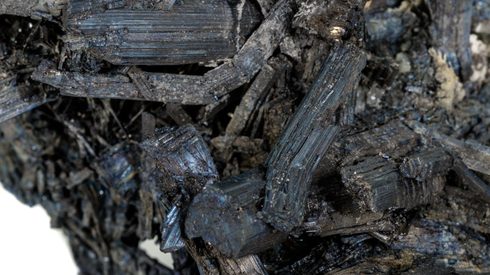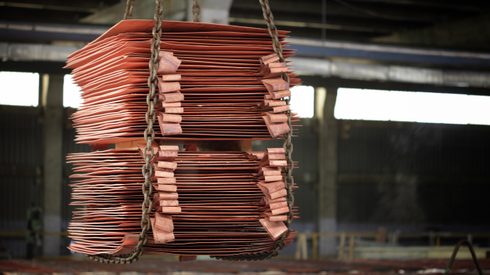Copper’s rout in recent weeks was punctuated on Tuesday April 15 by news that China’s regulator, the ministry of commerce (Mofcom), and Glencore had agreed the conditions by which the former would approve the trader-producer’s takeover of Xstrata in a process that began over a year ago.
Then, in February 2012, the average three-month copper price on the London Metal Exchange was $8,436 per tonne.
As Metal Bulletin went to press on Friday, copper was trading at $6,979, taken down through the week on the rout in gold, cross-liquidation of assets and poor economic figures from China and Europe.
Not every speck of dust is visible at this level on the cost curves of producers, but with some analysts and brokers calling copper prices still lower over the weeks ahead, the market is looking more keenly at the levels where some producers will not be profitable.
Divestment of Las Bambas
Of the copper operations and projects that Glencore will acquire when it takes over Xstrata, it must divest Las Bambas in Peru, and show Mofcom the potential purchasers by August 2014, or appoint a trustee to auction its stake in either Tampakan, Frieda River, El Pachón or Alumbrera as designated by Mofcom.
Copper producers, traders and consumers (particularly in China, where, according to Mofcom, Glencore and Xstrata supplied 17.8% of concentrate imports in 2011) will be considering how this requirement to sell a copper asset will progress.
“We will be late to invest. So, who cares? We’ll be late and we’ll have to invest in five years’ time. It’ll take us three years to build the mine but we could hopefully have an eight-year run,” Glencore ceo Ivan Glasenberg said, as reported by Bloomberg in February.
In this context, it is intriguing that the commitment Mofcom negotiated with Glencore for the latter to supply concentrates into China stipulates an eight-year term from January 2013.
Glencore prioritises tight markets and strong prices over new production.
Mofcom’s remedies, behavioural and structural, reflect its concerns that its copper smelters — 90% of which it said are small and medium-sized businesses — will pay more to a larger, more powerful counterpart once Glencore completes its takeover of Xstrata.
These factors will help determine how treatment charge negotiations, term and spot, will develop in the years ahead.
Alex Harrison
aharrison@metalbulletin.com
Twitter: @alexharrison_mb






